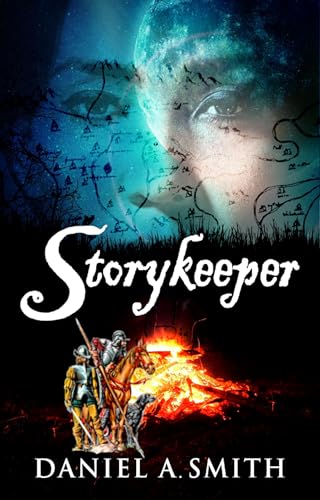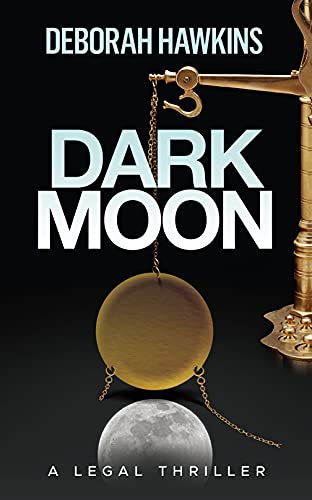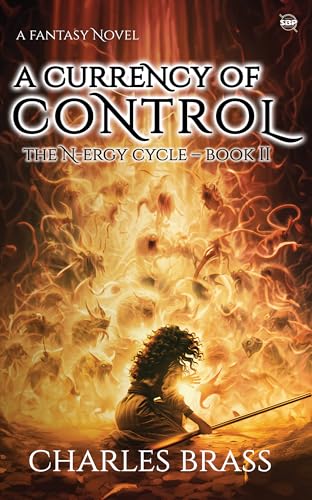How to Write a Dick: A Guide for Writing Fictional Sleuths from a Couple of Real-Life Sleuths
by Shaun Kaufman, Colleen Collins

“Forget Google and Bing. When you need to research PI work, go to the experts, Colleen Collins and Shaun Kaufman: they live it, they teach it, they write it. How to Write a Dick is the best work of its kind I’ve ever come across because it covers the whole spectrum in an entertaining style that will appeal to layman and lawmen alike. This will be the industry standard for years to come.” —Reed Farrel Coleman, three-time Shamus Award winner for Best PI Novel of the Year and author of Hurt Machine
“If you want authenticity in creating a fictional private investigator for your stories, then this is a must-have reference book. Its authors, Colleen and Shaun, are living breathing PIs with years of actual experience in the PI game.” —R.T. Lawton, 25 years on the street as a federal special agent and author of 4 series in Alfred Hitchcock Mystery Magazine
I’m a professional private investigator as well as a multi-published author. How to Write a Dick: A Guide for Writing Fictional Sleuths from a Couple of Real-Life Sleuths is co-authored with my husband, also a PI (who is also a trial lawyer–since publishing this book, he’s returned to the practice of law). The book is a compilation of articles, presentations and classes we’ve given at regional and national writing conferences, including content from classes we gave between 2006-2010 to writers through online courses. Besides bringing our experience and knowledge as private investigators to this book, we also bring my experience as a multi-published author (22 novels) and my husband’s experience as an attorney (he practiced law and trained PIs for nearly three decades). In other words, we address the techniques and tools of private investigations as well as what a fiction writer needs to know and the legalities of private investigations.
Besides being a nonfiction book for writers, its information is useful for researchers, private investigators and those simply curious about the world of private eyes.
Please Enjoy This Free 500-Word Excerpt:
Pet Detectives
Pet detectives are trained to find (or enhance the chances of finding) lost or missing pets. They use a mix of profiling, search-and-rescue, surveillance, even grief counseling techniques.
They’ve also undoubtedly had their fill of Ace Ventura jokes (for those of you who recall, that’s the title of the movie starring Ace Ventura, played by Jim Carrey, pet detective). In reality, pet detectives have organizations (such as Missing Pet Partnerships) where they work to help reunite people and their pets.
Karin TarQwyn is a licensed private investigator who advertises herself as “America’s most recognized pet detective.” She posts a phone number on her website for people who require immediate attention. Think about this with your fictional PI. Maybe he’s a lonely PI and enjoys phone calls – even at 3 a.m. – from people who need help finding a lost animal. Or maybe your fictional PI is such a soft touch, she throws on a coat and starts the investigation within the hour (after all, time is critical when it comes to tracking a missing pet).
A third site for research is Sherlock Bones. This private investigator has been in the field of finding lost pets for more than 30 years and offers phone consultations and a downloadable book for sale.
Below are a few tips for finding a lost pet:
- Time is critical. The quicker you consult a pet detective, the better your chances of recovering your lost pet.
- If you hire a pet detective who works with a search and rescue dog, inquire how many successful pet recoveries their dog has accomplished because unscrupulous handlers sometimes use untrained “search dogs” as a marketing tool.
- Realize that search dogs are only one tool used by pet detectives, who also apply deductive reasoning, analysis of physical evidence, interview and interrogation and surveillance techniques to recover lost animals.
(This is a sponsored post.)













